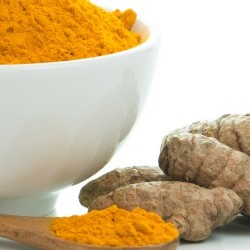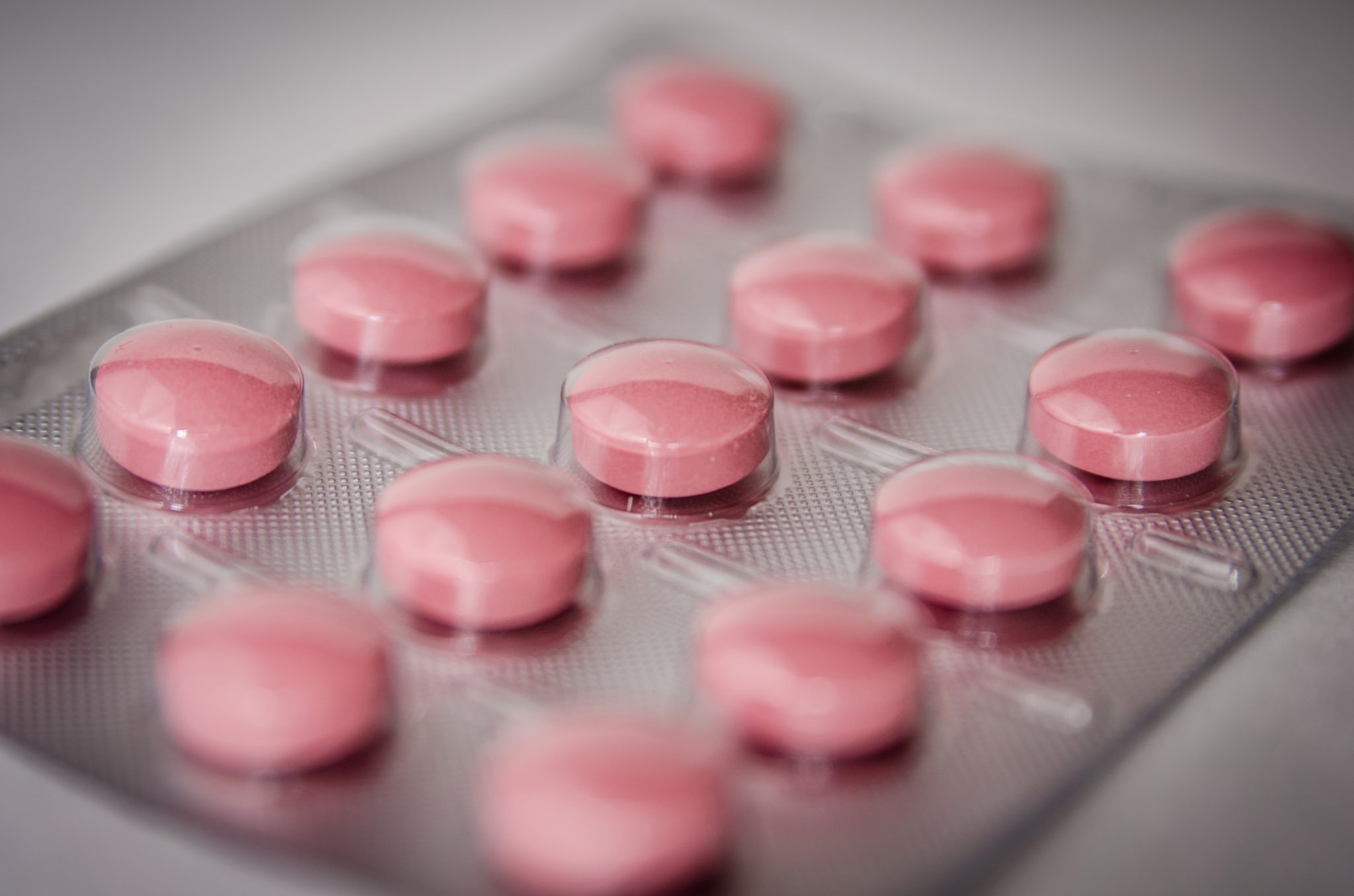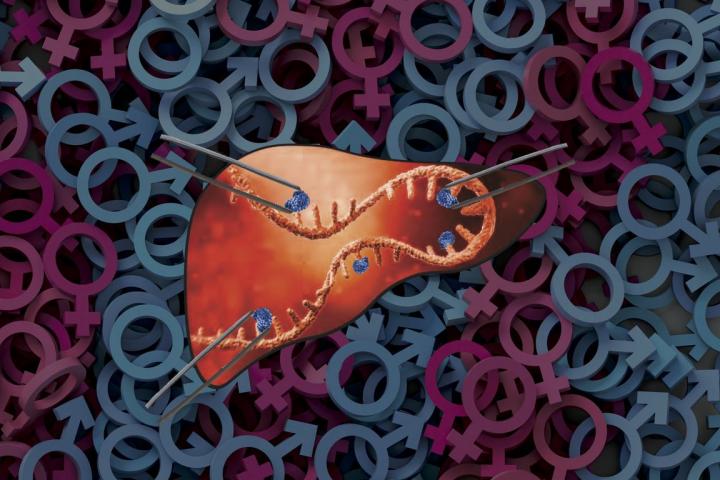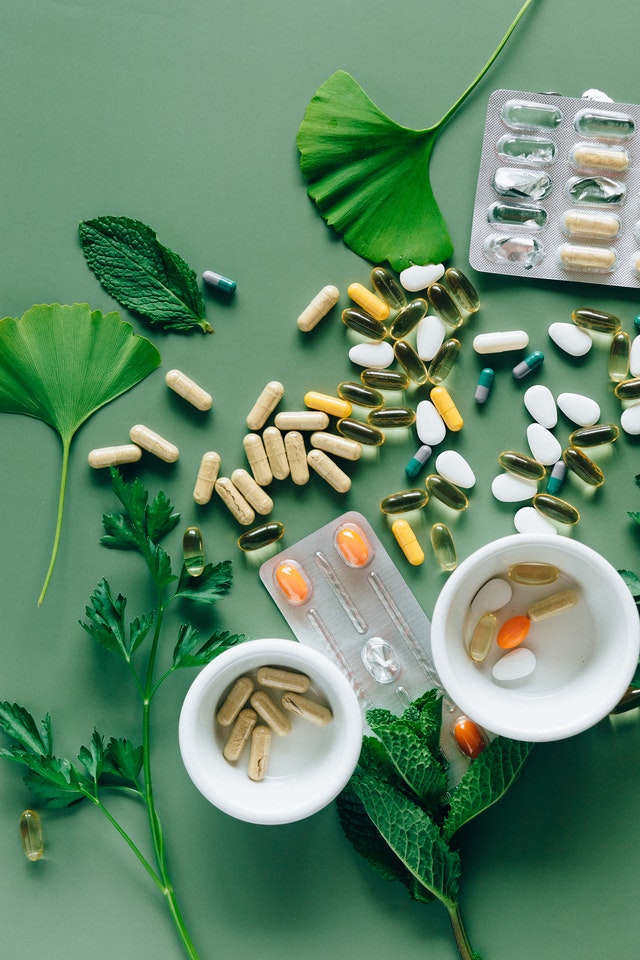Flavonoids Influence Gut Bacteria and Lower Blood Pressure Levels
Flavonoids in foods, including berries, apples, pears and wine, may reduce blood pressure levels, which is partially explained by characteristics of the gut microbiome, according to new research published in Hypertension. “Our gut microbiome plays a key role in metabolizing flavonoids to enhance their cardioprotective effects, and this study providesRead











